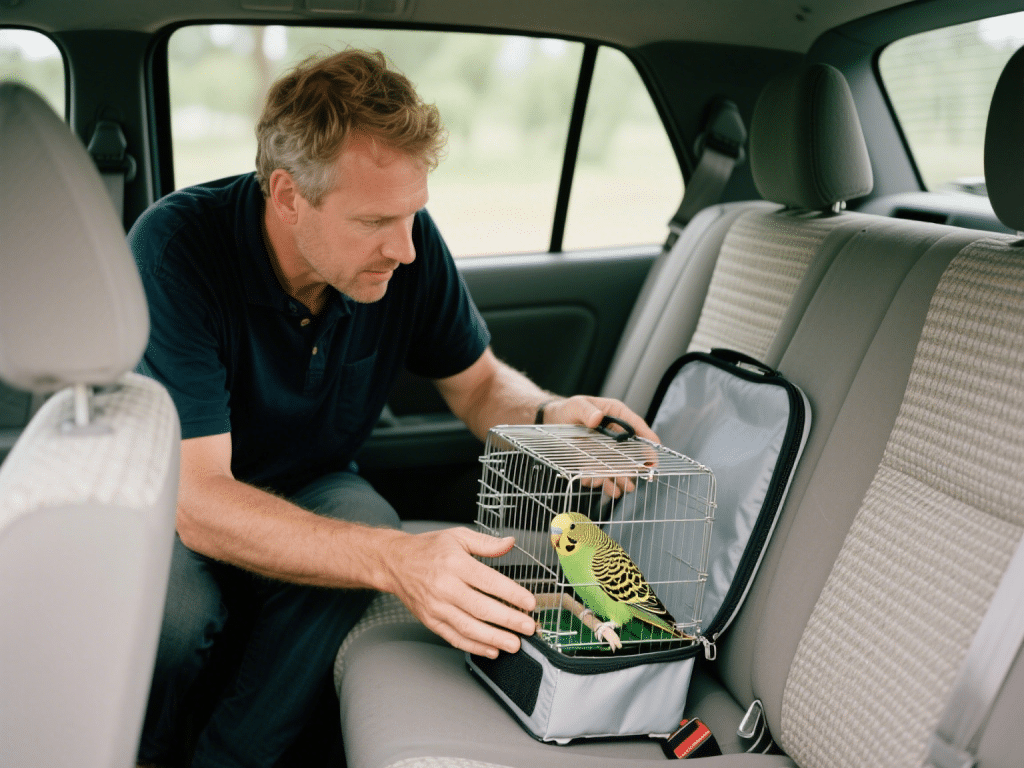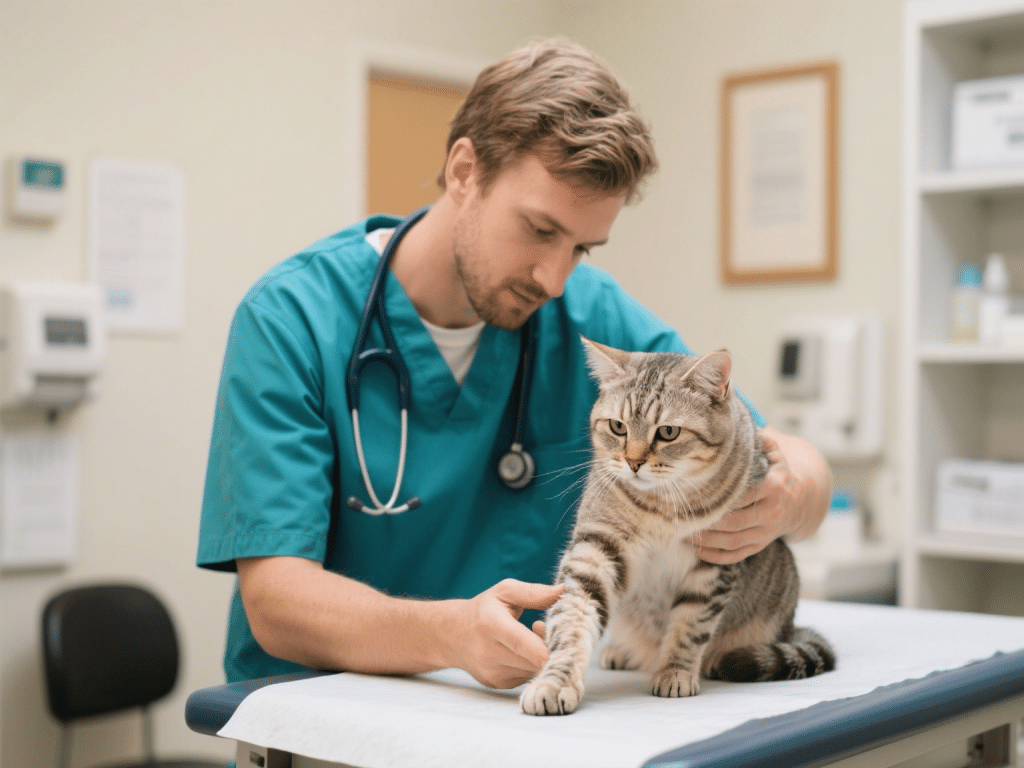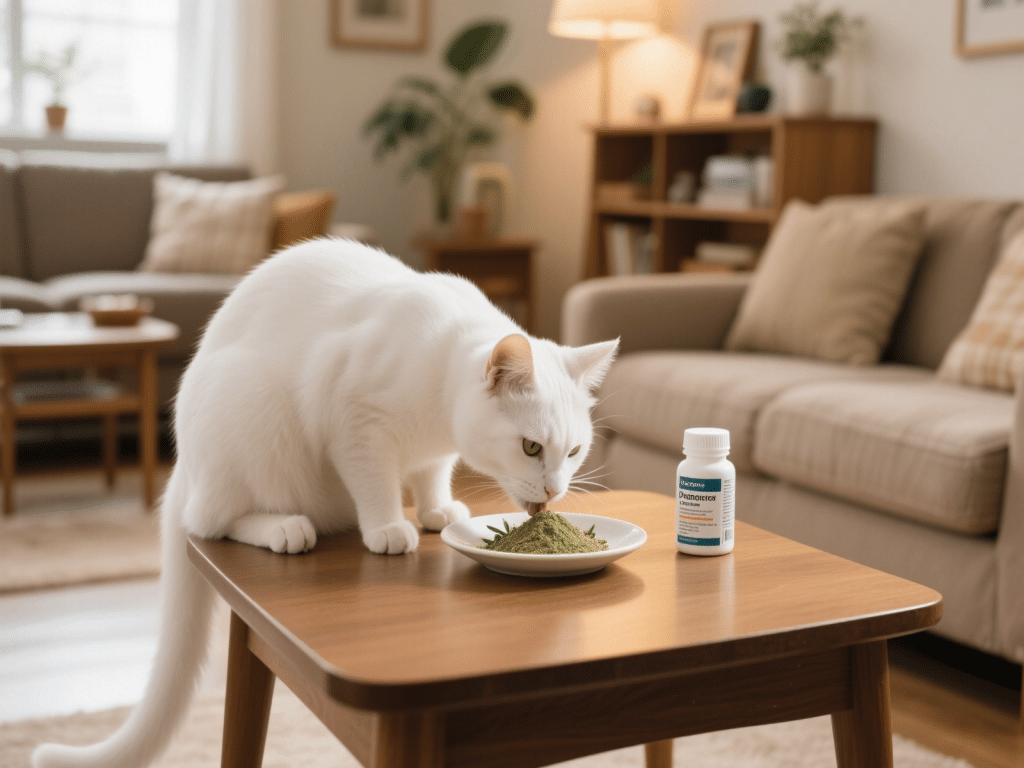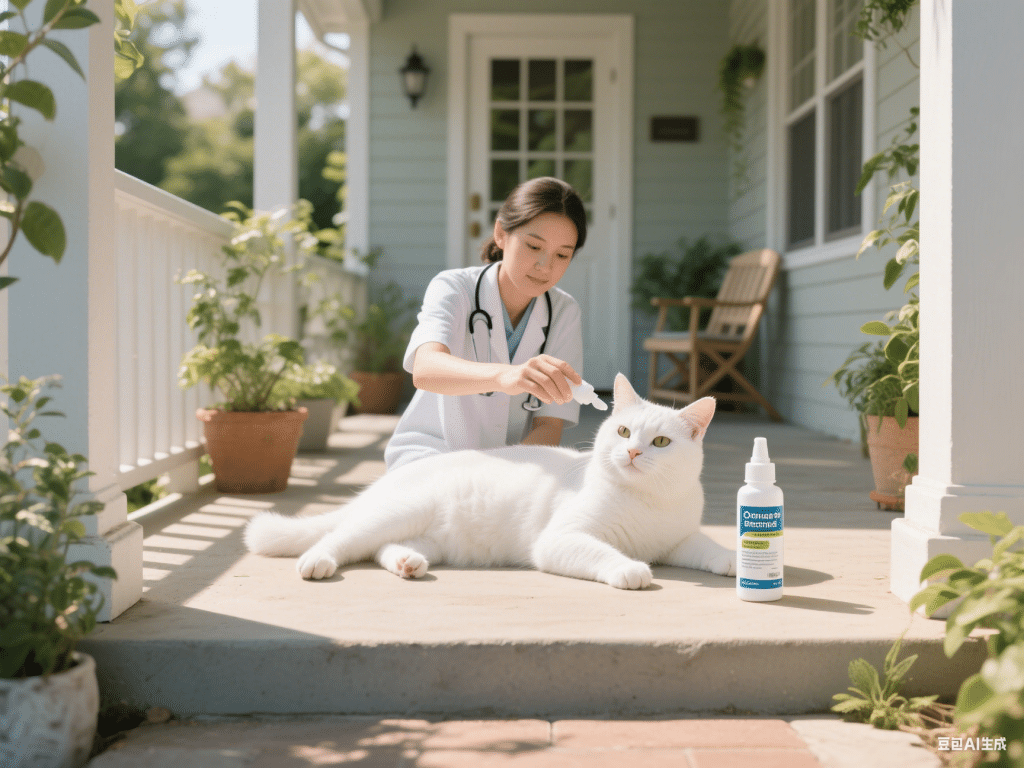Helping Pets Cope with the Loss of Another Pet

Introduction
The loss of a household pet can be emotionally taxing not only for humans but also for surviving animal companions. Pets form strong bonds with each other; when one passes away, the remaining pet may exhibit signs of grief or behavioral changes. This guide offers compassionate strategies to help your pet navigate this difficult period.
1. Recognize Signs of Pet Grief
Changes in Appetite: A grieving pet may eat less or show altered eating patterns.
Altered Sleeping Habits: Increased lethargy or restless pacing can indicate distress.
Excessive Vocalization or Silence: Some pets become more vocal; others withdraw and quiet down.
Clinginess or Isolation: A dog might follow you more closely; a cat may hide under furniture.
2. Maintain a Consistent Routine
Regular Feeding and Walk Times: Consistency provides stability and reassurance.
Keep Play Sessions Regular: Gentle play can distract and uplift mood while reinforcing normalcy.
Stick to Grooming and Care Routines: Familiar activities, like brushing or nail trimming, offer comfort through predictability.
3. Provide Extra Attention and Comfort
Gentle Physical Contact: Extra petting or brushing can reassure a grieving animal.
Interactive Toys and Puzzle Feeders: Mental stimulation helps reduce anxiety and prevents withdrawal.
Comfort Items: Leave out a blanket or toy that carried the scent of the lost pet to provide familiarity.
4. Avoid Forcing Interactions
Respect Emotional Boundaries: If your pet seeks solitude, allow them private space but check in regularly.
Gradual Reintroduction to Social Situations: If you have other pets or frequent visitors, reintroduce them slowly, monitoring your grieving pet’s comfort level.
5. Encourage Healthy Activity
Short, Frequent Walks (for Dogs): Gentle exercise can improve mood without overwhelming your pet.
Playtime Adapted to Energy Levels: Use softer toys if your pet appears physically or emotionally drained.
Indoor Exploration (for Cats): Arrange new cardboard boxes or paper bags to spark curiosity and play.
6. Monitor Health and Behavior Closely
Veterinary Checkup: If your pet’s grief manifests in severe appetite loss, vomiting, diarrhea, or drastic weight loss, consult your veterinarian to rule out medical issues.
Behavioral Changes: Increased aggression or fearfulness may require consultation with a certified animal behaviorist.
7. Consider Professional Support if Needed
Consult a Behaviorist or Trainer: Professional guidance can help design coping strategies and offer behavioral modification techniques.
Pet Hospice or Therapy Services: Some regions have therapists or support groups for grieving pets; research local resources.
Conclusion
Helping a pet cope with the loss of a beloved companion requires patience, empathy, and attentive care. By maintaining routines, offering extra comfort, and monitoring health and behavior, you can guide your pet through the grieving process. Should signs of severe distress persist, seek professional support to ensure your pet’s emotional and physical well-being.









Comments on "Helping Pets Cope with the Loss of Another Pet" :